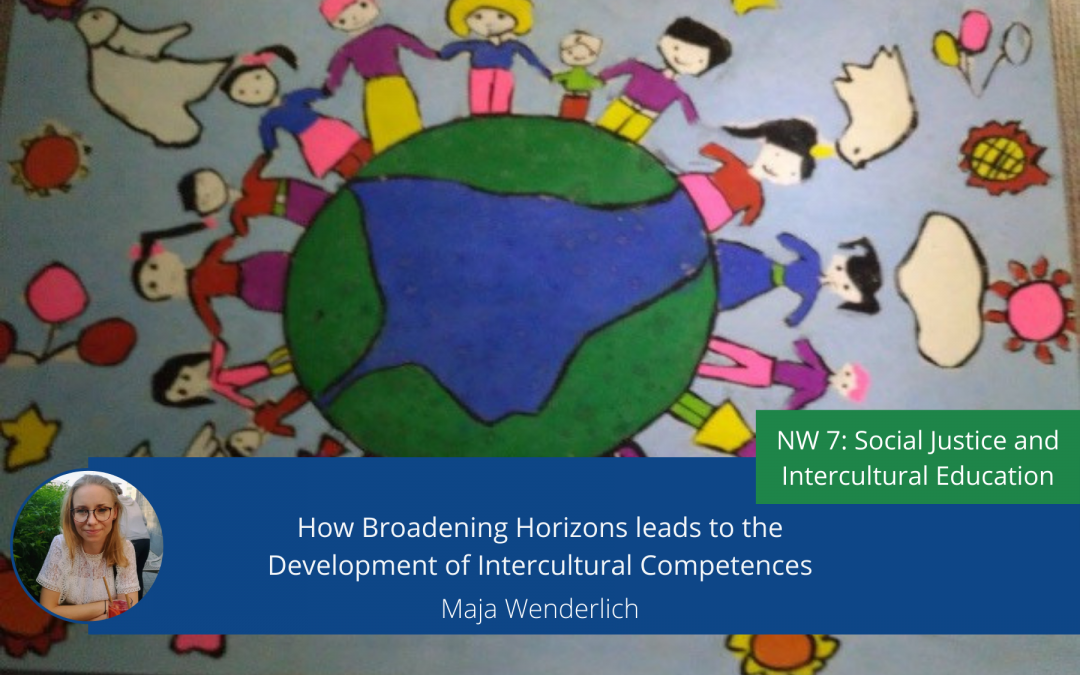I would like this post to inspire emerging educational researchers. That’s why I’m going to include a lot of my own experiences.
Currently, in Poland, intercultural competences are developed only during philological studies. While learning a foreign language, we can understand what these competences are and how they are supposed to work. What about the rest of society? Should only foreign language students be ‘citizens of the world’? There are Erasmus type programs that allow all students to study abroad. However, not everyone knows how to take advantage of them.
From an early age, children should be accustomed to diversity and taught that nothing is better or worse. Everyone deserves respect and love. We all have similar needs, despite the colour of our skin. Meanwhile, there is still not enough content like this in the educational programs for the youngest students. When it appears in older classes, it is associated only with the culture of the country whose language they are currently learning.
Beginning my intercultural journey

I started my adventure with interculturalism by volunteering in Vietnam in the small village of Sapa. I taught English there and conducted art classes. A young Vietnamese Hmong couple ran the Homestay. In exchange for working with the local children, I spent quality time with their family, participated in all celebrations, and had meals with them. I met people from different countries and even continents every day. It was an extraordinary and fascinating experience for me.
After a month’s stay, I returned to Warsaw. Nothing was the same as it was before I had left. Even the tea lost its flavour. I felt a huge thirst for travel, and I was hungry to discover, taste and admire new things. I felt a terrible hunger for knowledge. Only then did I understand how much we lose by closing doors and surrounding ourselves with people from the same cultural circle. If it weren’t for this trip, I would not have realized how diligent and hungry for knowledge these children are and how much they care about learning. They can truly appreciate it. Unfortunately, the region lacks English teachers with intercultural experience. The teachers I encountered had little awareness of the use of English in different cultural contexts.
Thanks to my stay in Vietnam (apart from trying durian, drinking fresh coconut juice, making my own spring rolls), I experienced Milton Benett’s Developmental Model of Intercultural Sensitivity myself. I have gone through all the phases, from Denial (Ethnocentric stages) to Integration (Ethnorelative stages). I believe that I will remember this process for the rest of my life.
Exploring the Concept of Intercultural Sensitivity
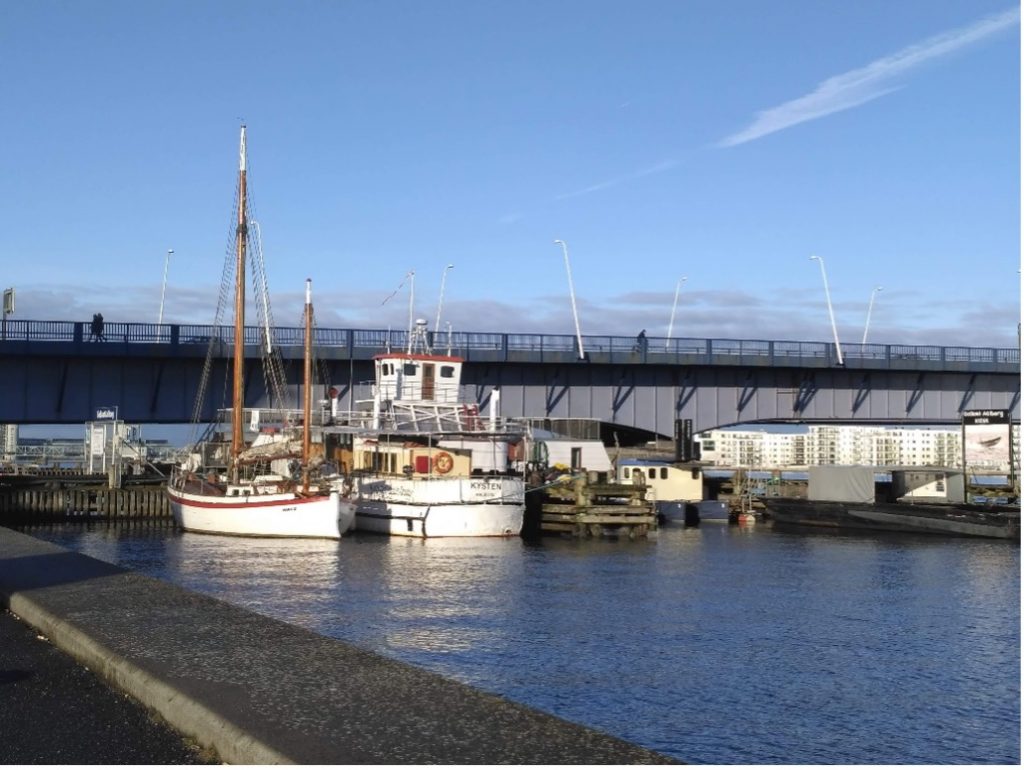
It was the beginning of my doctoral studies, and I was eager to explore this concept. So I started looking for universities that interested me in terms of the research they conduct, hoping to complete a short internship or a study trip.
I was able to find a university that not only suited my needs scientifically but was also willing to accept me for a short stay – the first Center for Cultural Psychology in Europe, which was then at the University of Aalborg in Denmark.
 The stay in Denmark exceeded my expectations. I cooperated with scientists from all over the world in meetings, seminars, conferences and workshops, which provided a lot of inspiration. At that time, I also had the opportunity to communicate in English on a higher level than before. I met people not only from Europe but also from South America, Asia and the United States. Every Wednesday, a ‘kitchen seminar’ was organized. That was the name of the meetings of scientists from around the world where we discussed one given topic every day.
The stay in Denmark exceeded my expectations. I cooperated with scientists from all over the world in meetings, seminars, conferences and workshops, which provided a lot of inspiration. At that time, I also had the opportunity to communicate in English on a higher level than before. I met people not only from Europe but also from South America, Asia and the United States. Every Wednesday, a ‘kitchen seminar’ was organized. That was the name of the meetings of scientists from around the world where we discussed one given topic every day.
Imagine discussing one specific scientific topic from different cultural perspectives. This experience enriched me scientifically. I am still very grateful to the scientists who are developing this Center, who took me under their wings. I think that was a milestone in my scientific development.
ECER and the Emerging Researchers’ Group
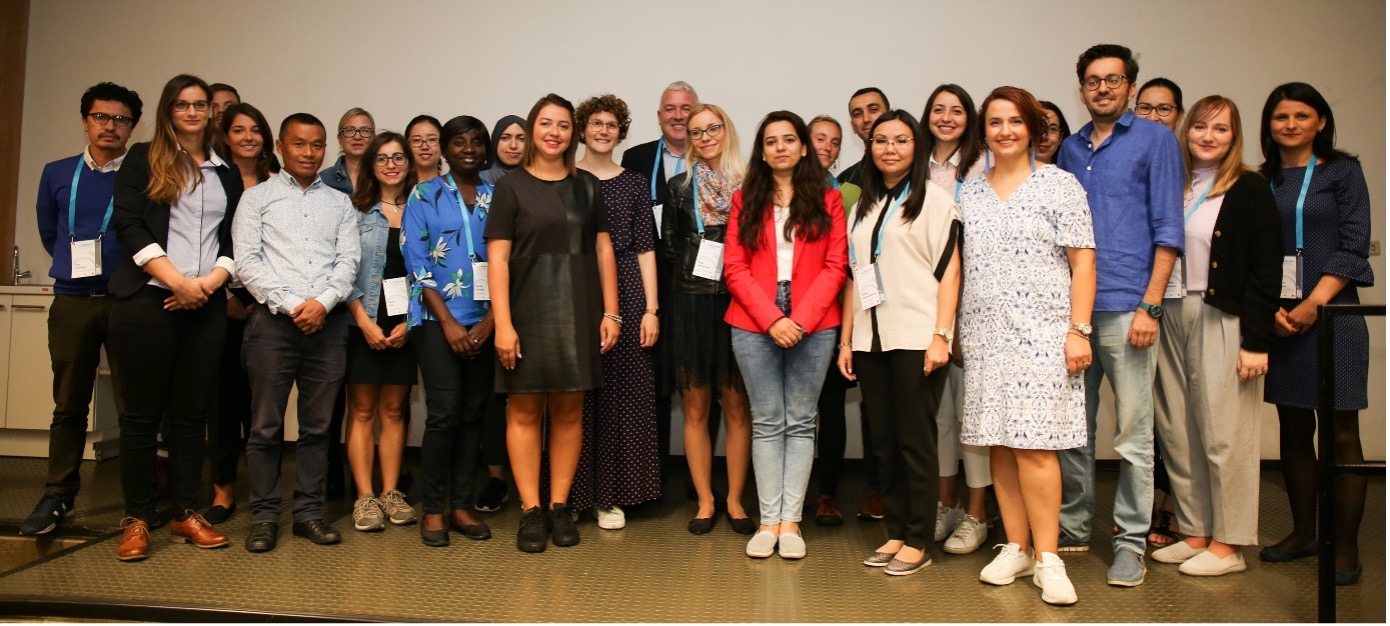
Shortly after defending my doctoral dissertation, I learned about the opportunity to participate in the European Educational Research Association Conference (ECER). The Emerging Researcher group was of particular interest to me. I imagined how wonderful it would be to be among young scientists from all over the world. Those are the young people who want to change the educational space. They are brave, and they look at the world with trust and openness. They have broad horizons, and they want to keep learning and improving.
I learnt that there was an opportunity to receive a conference scholarship. I decided to apply. I was happy to find out that my application was accepted and that I could go to Hamburg!
The organization of the entire conference was excellent, starting with critical, interesting comments that I had the opportunity to hear, to various workshops and events that were organized to fill the time fruitfully. Everything was arranged on a world-class level. During the ERG and EERA conference, I had the opportunity to meet fantastic people from all over the world. We were all one big family.
One of the most interesting events for me was the exchange of personal experiences with women of my age in a similar scientific situation (facilitated by the ERG). Long conversations about our experiences during meals or while sightseeing around the city provided an excellent opportunity to reflect on our lives and goals. The exchange of scientific understanding is always invaluable. Communicating with people so culturally different teaches us humility and greater self-awareness.
It also allows you to understand your location on the map of the world and in space. Finally, it teaches that what is objectively good is not always good in reality. And what’s bad is not only bad. Indeed, there is more than just gray.
Forging lasting friendships through intercultural experiences
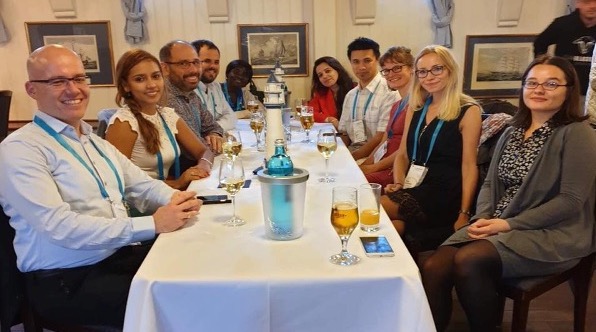
What is the result of all these experiences? First, I teach Intercultural Competences at my university, The Maria Grzegorzewska University in Warsaw. It is in the form of workshops and is aimed at students of education of all years and nationalities.
Apart from fruitful intercultural cooperation, I have gained unforgettable experiences and friendships. I discovered that there is more than a Polish educational space, that dumplings are not only eaten in Poland because they can also be eaten in Argentina (as Empanadas). The concept of marriage can vary between continents and countries, and collective memory has become an inspiring research topic.
It is impossible to develop intercultural competences without experience with OTHERS. We will never know who we truly are without exposure to foreign cultures. We will never appreciate our country and culture without knowing others. If you want to be an outstanding teacher or scientist, you must have intercultural experience.
Developing intercultural competences through communing with others is a beautiful relationship. Maybe a bit turbulent at first and bringing a bit of fear, but in the end, giving a great sense of satisfaction, security, and fulfilment.
Other blog posts on similar topics:
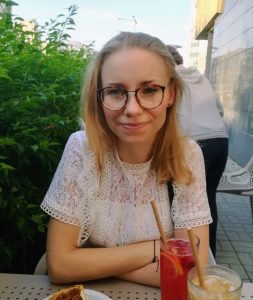
Dr Maja Wenderlich
Assistant Professor in the Department of Supporting Human Development and Education, The Maria Grzegorzewska University, Warsaw, Poland
Maja Wenderlich Ph.D, The Maria Grzegorzewska University
Profile in ResearchGate: https://www.researchgate.net/profile/Maja-Wenderlich
Academia edu: https://aps-pl.academia.edu/MajaWenderlich?from_navbar=true
University Profile: http://www.aps.edu.pl/instytuty/instytut-wspomagania-rozwoju-cz%C5%82owieka-i-edukacji/zesp%C3%B3%C5%82/wenderlich-maja/
References and Further Reading
What is Erasmus+? European Commission: https://ec.europa.eu/programmes/erasmus-plus/about_en (05.06.2021)
Curriculum for Primary School in Poland: https://podstawaprogramowa.pl/files/D2017000035601.pdf (09.06.2021)
R. Flowers, Ethnic minority education in Viet Nam: challenges and opportunities during COVID-19 outbreak, https://www.unicef.org/vietnam/stories/ethnic-minority-education-viet-nam-challenges-and-opportunities-during-covid-19-outbreak (04.06.2021)
E. Pachina, My Vietnamese Experience: Challenges for English Learners in Vietnam,
https://www.teflcourse.net/blog/my-vietnamese-experience-challenges-for-english-learners-in-vietnam-ittt-tefl-blog/ (05.06.2021).
M. J. Bennett, 1986, 1993, 2002, 2005, 2011, A Developmental Model of Intercultural Sensitivity, The Intercultural Development Research Institute: https://www.idrinstitute.org/wp-content/uploads/2018/02/FILE_Documento_Bennett_DMIS_12pp_quotes_rev_2011.pdf (05.06.2021).
AAlborg Univeristy, Denamark: https://www.ccp.aau.dk/ (05.06.2021).
Promoting Emerging Researchers: https://eera-ecer.de/about-eera/promoting-emerging-researchers/ecer-conference-bursaries/ (05.06.2021)
M. J. Bennett, Becoming interculturally competent. (In): J.S. Wurzel (Ed.), Toward Multiculturalism: A Reader in Multicultural Education. Newton, MA: Intercultural Resource Corporation, 2004.
Gu, Intercultural Experience and Teacher Professional Development, (in:) RELC Journal; Volume 36, Issue 1, April 2005, pp. 5–22.
Further Reading
Bennett, M. J., & Wiseman, R. (2003). Measuring intercultural sensitivity: The Intercultural Development Inventory. International Journal of Intercultural Relations, 27(4), 421-443.
Koester, J., & Lustig, M. W. (2015). Intercultural communication competence: Theory, measurement, and application. International Journal of Intercultural Relations, 48, 20-21
Martin, J. N. (2015). Revisiting intercultural communication competence: Where to go from here. International Journal of Intercultural Relations, 48, 6-8.
Minzaripov R. G., Fakhrutdinova A. V., ,Mardakhaev L. V., Volenko O. I., ,Varlamova E. Y. (2020) Multicultural Educational Approach Influence on Student’s Development. International Journal of Criminology and Sociology, 9, 1-5.
Savicki V. (2008). Developing Intercultural Competence and Transformation: Theory, Research, and Application in International Education, Stylus Publishing; Illustrated edition.

